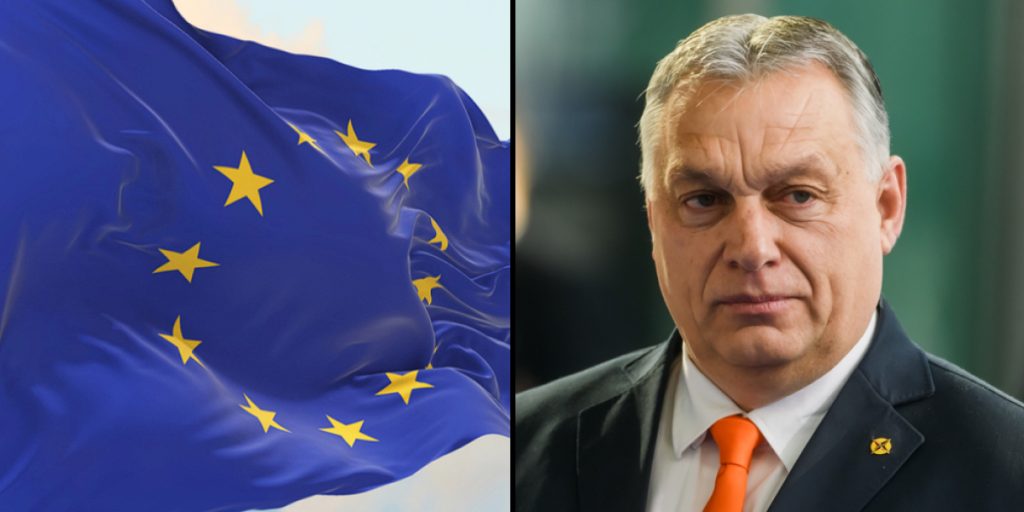EU Summit Sees Hungary’s Orban Yield to Aid Package for Ukraine After Intense Negotiations.
Others are reading now
The European Union’s decision to grant Ukraine a new aid package of 50 billion euros, overcoming Hungarian Prime Minister Viktor Orban’s initial resistance, marks a significant development in the EU’s response to Russia’s ongoing conflict with Ukraine. After weeks of disputes and a veto from Orban at last December’s summit, this agreement signals a shift in stance for the Hungarian leader, known for his close ties with Moscow and criticisms of the EU’s support for Ukraine.
This breakthrough was achieved at the EU summit held on February 1, where EU leaders, including those from Germany, Poland, Belgium, and Finland, unitedly emphasized the necessity of supporting Kiev with financial and military aid from the joint EU budget until 2027. Chancellor Olaf Scholz of Germany played a pivotal role in pushing for consensus, stressing the importance of solidarity and decision-making within the EU community.
The discussions leading to the agreement involved significant pressure on Orban, as he faced a choice regarding his stance on Russia’s war. The private meetings prior to the summit, involving leaders like Scholz, French President Emmanuel Macron, and Italian Prime Minister Giorgia Meloni, were crucial in shaping the final outcome.
Also read
Orban’s initial request for veto power in the annual review of the aid package was not met, but the deal includes provisions for potential revision by the European Commission in two years. The negotiations at the summit, where some leaders accused Orban of “blackmail”, were instrumental in averting a potential divide within the EU and bolstering support for Ukraine, especially in light of delayed US aid.
The agreement’s impact was immediately evident, with the Hungarian forint gaining against the euro and easing tensions that had previously led to the devaluation of the currency. However, Hungary still faces challenges with the EU, particularly regarding withheld funding due to rule of law and corruption concerns, and potential implications for its upcoming EU Council presidency.
Despite Orban’s claims of a “victory” in securing a “control mechanism” for the aid funds, political sources suggest he had limited options and received no direct benefits in return for his support. The EU’s united front and Orban’s isolation were key factors in the shift of his position.
The backdrop of farmers’ protests in Brussels against EU policies added to the summit’s tense atmosphere, highlighting the broader context of political and economic challenges within the EU. Orban’s eventual support for the aid package, despite his initial opposition, reflects the complex dynamics and pressures within the EU as it navigates its response to the crisis in Ukraine.


